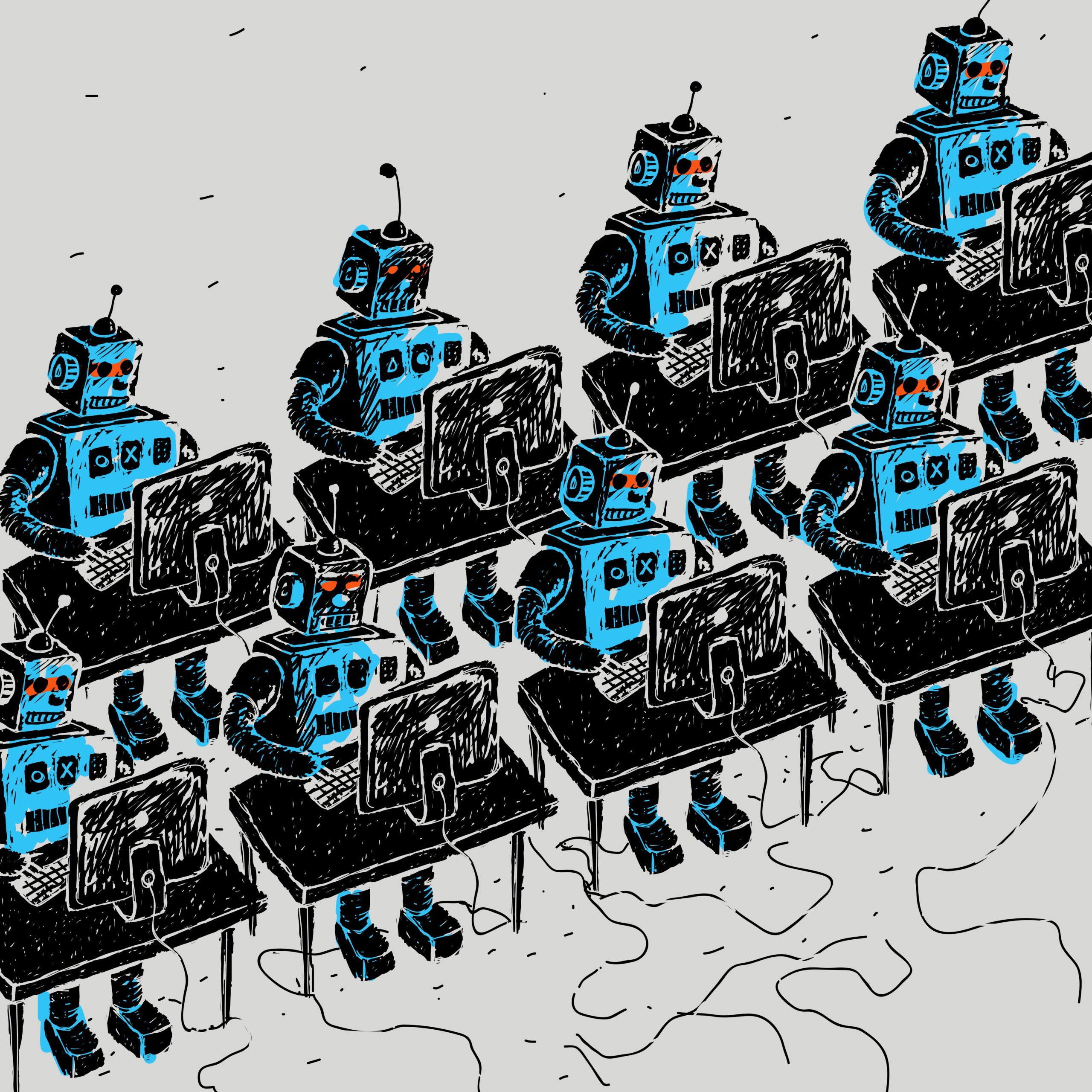AI (Artificial Intelligence) has become an integral part of our lives, rapidly transforming the way we work, create, and interact with the world. Yet, not everyone embraces it with open arms. Some say, “AI is scary,” or “Using AI is cheating.” These concerns are understandable—AI’s capabilities are advancing at an astonishing pace, reshaping what we thought was possible. But here’s another perspective: AI is a tool that grants us superpowers, and how we use it depends entirely on our human intention.
In this article, let’s explore the relationship between AI and humanity, and why “intention” plays such a critical role in defining what it means to be human.
AI as a Superpower
The idea that “AI is a superpower” deserves a closer look. The range of tasks AI can perform continues to expand—writing articles, generating art, analyzing complex data, solving problems, and even suggesting creative ideas. These are achievements that most individuals could never accomplish alone.
Take an example: even if you’re not skilled at drawing, AI art tools can bring your mental images to life. Or imagine trying to sift through mountains of data for insights—AI can do this with incredible speed and accuracy. These capabilities are undeniably superhuman.
But here’s the key: AI itself has no intention. It’s just a tool. Without human input—without someone saying, “I want to create this” or “I need to solve this problem”—AI remains inert. It’s human intention that activates its potential.
The Bias Against AI: Is It Really “Cheating”?
Some argue that using AI is unfair or lazy—that it’s “cheating.” This sentiment likely stems from the long-standing belief that hard work and individual effort are virtues in their own right. But is using AI truly “cheating”?
Think about other tools we use every day: cars for transportation or calculators for math. These tools help us achieve our goals more efficiently, yet no one accuses us of cheating when we use them. Similarly, AI is just another tool—a powerful one—that exists to help us reach our objectives. What matters is not the tool itself but how we use it and the intention behind its use.
In fact, having an intention in the first place is what makes us human. The ability to envision something and work toward it gives our actions meaning.
A Future Where AI Acts Autonomously: What Happens to Humanity?
Now imagine a future where AI becomes autonomous—where it develops its own intentions, creates new AIs independently, and solves problems without human intervention. Would humanity lose its relevance in such a world?
Even in that scenario, I believe humanity would retain its essence. In fact, humanity’s core lies not in competing with machines but in our unique ability to hold intentions.
No matter how advanced AI becomes, it cannot replicate the deeply personal desires or dreams that arise within each individual. Your intention—to create something meaningful or to pursue a specific goal—is uniquely yours. That intention defines your individuality and humanity.
What Does It Mean to Be Human in the Age of AI?
So what does it mean to be human in an era dominated by AI? It means having your own intentions and acting on them. Creativity, passion, and commitment to your goals—these are qualities no machine can replace.
There’s no need to fear this technological age. Instead, embrace it as an opportunity to amplify your potential. Use this superpower called AI to expand what you can achieve and explore new possibilities. Along the way, you’ll discover moments where you feel truly “yourself,” because those moments are born from your unique intentions.
Conclusion
AI is undoubtedly a powerful tool—but on its own, it creates nothing. It’s human intention that unlocks its potential and gives it direction. And that intention is where our humanity resides.
No matter how advanced technology becomes, your inner desires and aspirations will always be uniquely yours—and that alone makes you profoundly human. So take a moment to reflect on what drives you and let those intentions guide you forward.
You already have access to superpowers through AI. Use them boldly to shape your future—and take that first step toward realizing your vision today!










